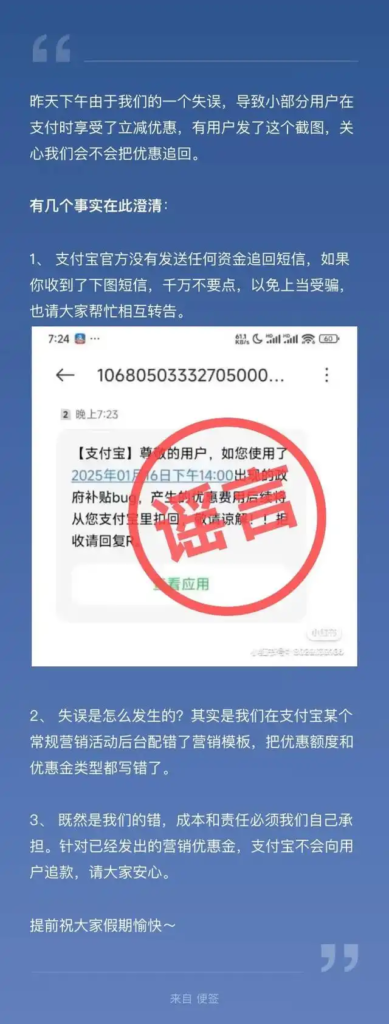The more than 40,000 yuan is not only the family’s savings, but also the family’s hope and confidence for life.

The child’s father said that his daughter often took away her mobile phone but quietly registered a game account on the grounds of checking information on the Internet.
This “little rich man” who spends a lot of money in the game world, but in reality, she even has to calculate change for supermarket shopping, and uses her parents’ hard-earned savings to build a fairy tale castle in the virtual world.
This seemingly absurd consumption carnival is actually a reflection of the dilemma of family education in the digital age.
When mobile payment erases the physical form of money, and when online games reconstruct the value perception system, this “growth catastrophe” in the intelligent era is questioning the parenting wisdom of every family.
The “money” in the eyes of children is not what we think it is
I remember last year’s Chinese New Year, my little niece received 500 yuan of New Year’s money, and her first reaction was not to save it, but to ask me: “Auntie, how many ‘648’ can I buy with this money?” “I was confused at the time, but later I learned that the “648” in the child’s mouth is the most common recharge level in the game.
Money now is a string of flashing numbers for children.
Our generation touched banknotes when they were young, and they knew that money was something that could be “touched”.
But what about today’s children? What they see is the payment code on their parents’ phones, and the skins that can be bought with a single click in the game.
According to a survey, more than half of the children feel that “the golden sword in the game is worth more than 500 yuan” – because the sword can make him the most beautiful boy in the whole server, and 500 yuan? It’s just a string of numbers in my mother’s phone.
The game company has already figured out the psychology of children.
What is “the first charge of 6 yuan to send a god outfit” and “continuous login to send VIP”, these routines are more diligent than writing weekly reports at work.
My neighbor’s child said: “Every time I charge money, the gold coins drop on the screen, and there is a full-server broadcast saying that I am a big guy, which is cooler than taking a 100-point test!” ”
Experts say that the child’s brain has not yet grown up, and in the face of this instant pleasure, he can’t bear it at all – it’s like putting a cake in front of a child who has been hungry for three days, can he hold back and not reach out?

What’s even more heart-wrenching is that “everyone else has it, but I don’t have it”.
My friend’s fifth-grade son was kicked out of the team by his classmates because he refused to add money to buy skins in the game.
The child cried and said, “They all call me a poor ghost, and they say that I am dressed like a beggar.” ”
In today’s game socialization, skin is the “face”, and equipment is the “status”. When we were young, we compared our grades, and now our children charge more money than anyone, who can withstand this?
Leaked passwords aren’t the root problem
The root cause is a lack of
upbringing
Don’t just scold the children, we parents may be “handing the knife”
As soon as the news came out, many people scolded the child as a “loser”, but to be honest, the child can’t be blamed for this.
The most ironic scene I have ever seen: at the dinner table, the father yelled at his son “not to play with mobile phones”, but he swiped a short video and quacked for fun.
The child is actually clear: “You adults can play, why can’t I?” ”。
Some data show that parents play mobile phones for 1 hour more every day, and the probability of children’s game recharge will increase by 17% – we can’t control our own hands, how to teach children self-discipline?
Password leaked? In fact, trust has long been leaked.
After many parents find out that their children recharge, their first reaction is “how do you know the payment password”.
But the truth may be: the child has tried his mother’s birthday, his father’s license plate number, and even directly seen the unlock gesture.
A mother said that once when she was shopping online, she asked her child to help her enter the password, but the game was charged when she turned around.
We always blame the child for “peeking at the password”, but we forget to make rules with the child – just like not letting the child touch the boiling kettle on the stove, the “fire” of mobile phone payment cannot be handed over to the child casually.
“What do you want” is hurting children.
I have seen too many parents, who are usually too busy to spend time with their children, so they give mobile phones and pocket money as compensation.
There is a child in the community, and every time his parents go on a business trip, they transfer 500 yuan to him, and the result is all filled with games.
Later, the child said, “When they gave me money, they didn’t even ask me what I was doing with it, I thought I was going to spend it casually.” This illusion that “giving money is love” is more terrifying than recharging games.

How to help children better understand money
Establish a transparent consumer contract.
Children are required to submit an electronic application with a description of the purpose and value assessment for each online purchase, and the parents will hold a family meeting within 48 hours to deliberate.
This ritualized decision-making process can not only cultivate children’s sense of responsibility, but also avoid impulsive consumption.
Financial education needs to be infused with digital genes.
You may want your child to manage your family’s monthly internet spending, and turn real-life scenarios such as phone bill top-up and video membership renewal into practical classes.
Convert the game recharge amount into physical items (such as 648 yuan = a week’s food expenses for the whole family), and reconstruct the money cognitive anchor in a visual way.

Avoid indulging in games and develop other hobbies.
Children accumulate points through reading, sports, and social practice, and redeem them for real-life learning resources or experience opportunities.
When the real world can provide richer growth feedback than virtual games, children will naturally develop immunity to excessive consumption.
In this game against the digital deluge, no family is immune.
When we install anti-addiction software in our children’s mobile phones, we need to completely upgrade our educational concepts.
The real protective net is not an icy payment limit, but an emotional connection full of temperature;
It is not the technical control of encirclement and interception, but the wisdom of education that keeps pace with the times.
The child who is lost in the virtual world needs nothing more than blame and punishment, but for her parents to hold her hand and work together to build a more exciting copy of growth than a game in the real world.

 Entering China
Entering China


































